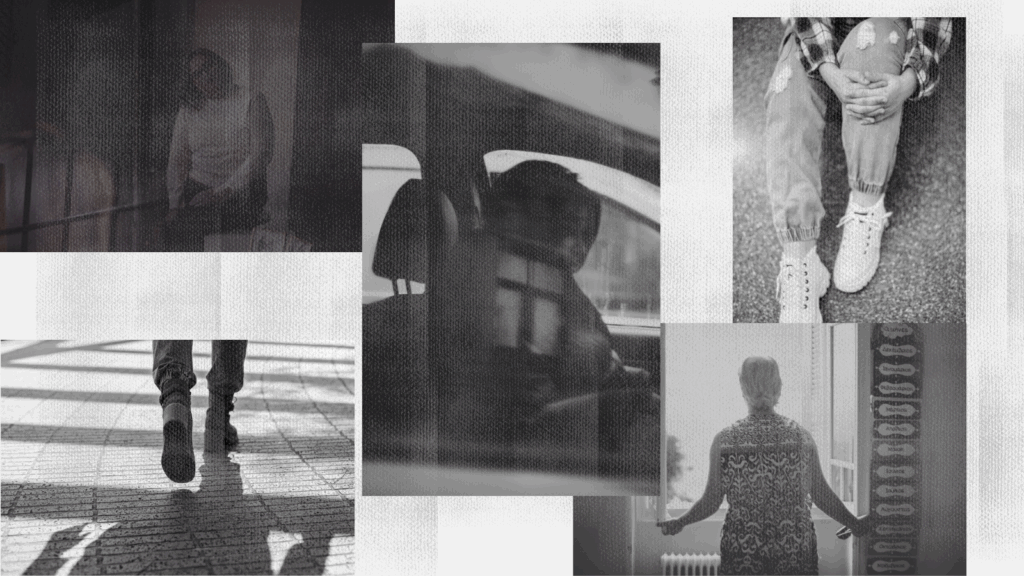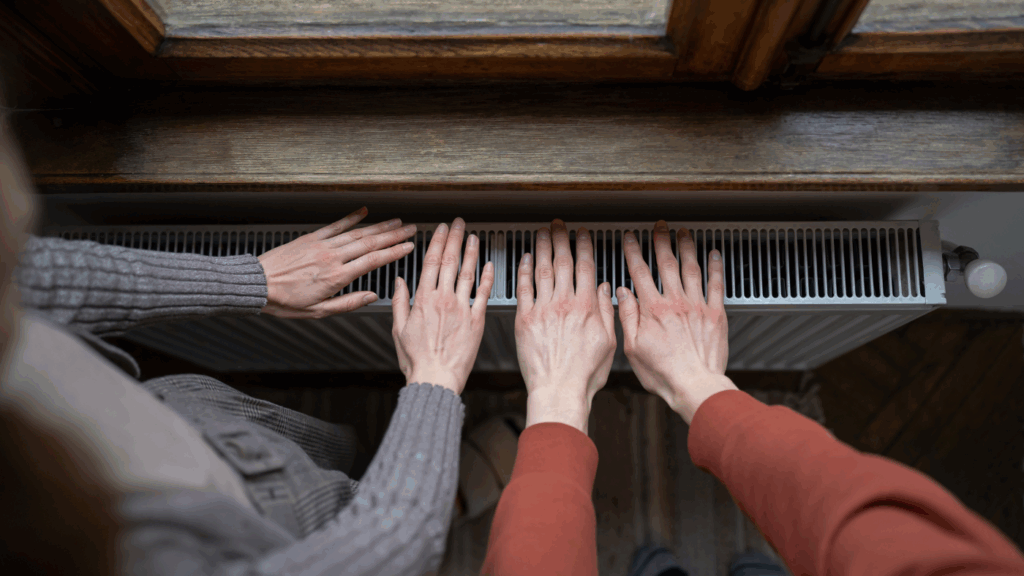Undoubtedly, the current crises, starting with the covid-19 pandemic, then Russia’s war on Ukraine, followed by the energy and cost-of-living crises, are affecting people’s well-being.
According to a recently published Eurofund factsheet on ‘living, working and COVID-19 in the European Union and 10 neighbouring countries’, two-thirds of respondents from the EU and 10 neighbouring countries face difficulties in making ends meet. Respondents also reported a high risk of depression as well as a considerably low level of life satisfaction and a strong feeling of social exclusion, especially among younger respondents.
28% of respondents aged 18-29 years in the EU27 and 41% of respondents of the same age in EU neighbouring countries expressed a feeling of social exclusion. Particularly alarming is the high risk of depression (75%) reported by those aged between 18 and 44.
Furthermore, respondents not in employment or training find it difficult to access further education and training programmes (62% in the EU27 and 84% in EU neighbouring countries). In this context, the European Year of Skills 2023 will be an important opportunity to promote effective and inclusive investment in training across Europe.
Overall, health and mental well-being are major concerns across all countries. The lasting effects of the pandemic point out the difficult situation, especially for young people, exacerbated by the energy crisis and cost-of-living crisis this year. To protect families against homelessness and to ensure access to quality health services, including mental care, for everyone, concrete policy measures will the critical.
Click here to find out more about Eurodiaconia’s work in fighting extreme poverty.



